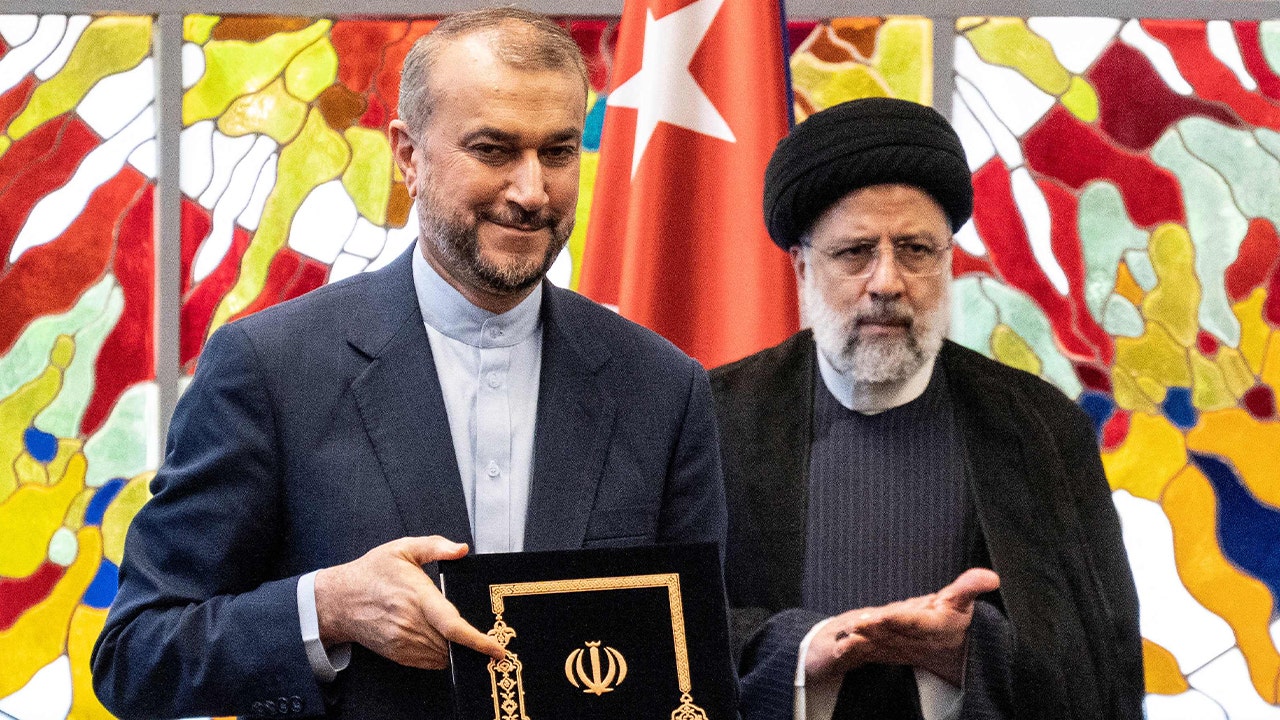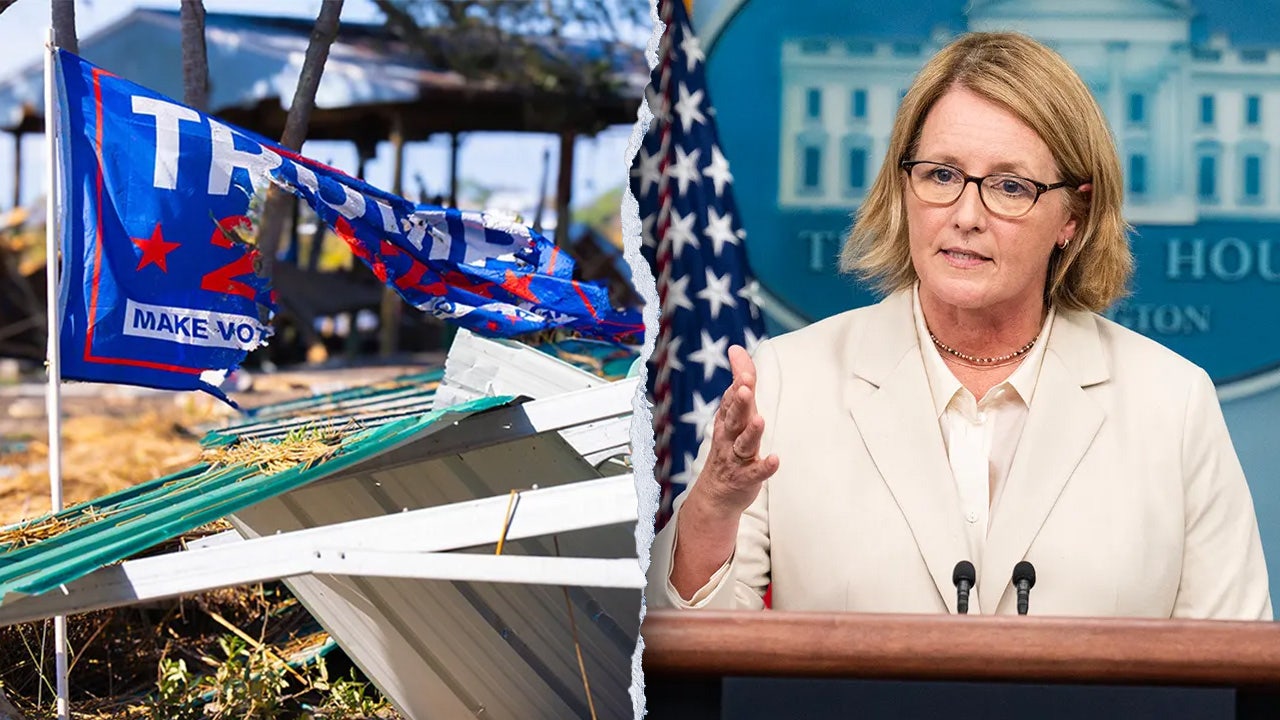“Guilty.”
The single word that rang out in a Manhattan courtroom a little past 5 p.m. on Thursday afternoon shook the country, making Donald Trump the first American president convicted of a crime.
It was a landmark — and, for Trump’s supporters, a black mark — in American history.
The word “guilty” actually was heard 34 times, as the jury — seven men and five women — found the former president guilty of 34 felony counts of falsifying business records to cover up a $130,000 hush-money payment to Stormy Daniels.
The verdict shattered a late afternoon languor inside the Manhattan courthouse where Trump’s trial had played out over the last month and a half, during which time the jury heard a sweeping and sometimes sordid tale of sex, payoffs and presidential politics.
How the outcome affects the 2024 presidential campaign remains to be seen. Trump could use the conviction to galvanize his base and fund-raising, as he has after arrests in other cases, three of which are still pending. On Thursday, after the verdict was read, he assailed what he called “a rigged trial by a conflicted judge who is corrupt.”
“A disgrace,” he said.
Biden’s warning
Shortly after the verdict was read aloud in court, President Biden posted a fund-raising appeal, saying that the verdict alone would not be enough to derail Trump or his supporters.
“There’s only one way to keep Donald Trump out of the Oval Office: At the ballot box,” Biden wrote.
That was one thing Biden and Trump agreed on: Trump told reporters that “the real verdict is going to be Nov. 5 by the people.”
It is not clear what Trump’s legal status will be on Election Day. He is almost certain to appeal today’s verdict, and that process could take months or even longer. In the meantime, Trump will confront the nitty-gritty of the New York State criminal justice system: a meeting with the Probation Department, a pre-sentence report, and then — at 10 a.m. on July 11 — his sentencing.
Trump, a first-time offender, faces probation or up to four years in prison.
That decision will fall to the judge, Juan Merchan, who has been the target of Trump’s attacks during the trial. Trump also attacked the judge’s daughter — a political consultant who has worked with prominent Democrats — prompting Justice Merchan to expand a gag order before the trial began, barring the former president from attacking members of his family. The order also protected witnesses and jurors, both of whom were targets of Trump’s vitriol.
A triumph for Bragg
The verdict was a victory for Alvin Bragg, the Manhattan district attorney who staked his reputation on a prosecution that many legal analysts questioned. But in the end, his strategy was a winning one. The verdict also provided vindication for two crucial witnesses: Michael Cohen, Trump’s former lawyer and fixer; and Daniels, the porn star who testified about a brief, unpleasant sexual encounter with Trump in Lake Tahoe, Nev., in 2006. That encounter led to the $130,000 payoff from Cohen, which led — in turn — to his reimbursement, which led — in turn — to the falsification of business records for which Trump was convicted.
That cascading narrative spanned a decade, from the hotel encounter to the days before the 2016 election, and spilled out in a trial that subjected both Cohen and Daniels to often blistering cross-examination.
Trump denied ever having sex with Daniels, despite her precise details about the night of their encounter — what was in his bathroom, how he waited for her in his boxers, sitting on a bed. Trump’s lawyers were aggressive in suggesting she was lying, even as she stood fast. But defense lawyers rested their hopes on destroying the credibility of Cohen, whom they painted as a pathetic sycophant and money-hungry opportunist. He, too, largely remained steady, despite admitting to many lies during his life, and career, as Trump’s fixer.
In the end, it appeared that the jury was not swayed by the defense’s attacks. Though the testimony lasted more than five weeks, the jury took less than two full days of deliberations to find the former president guilty.
Trump’s initial reaction was muted: He sat in the courtroom, in a red pleather chair, placidly listening as the jury foreman repeated the same word over and over. As the individual jurors were polled, he looked over at the jury box.
Moments later, those 12 New Yorkers — drawn from the many neighborhoods of Manhattan, where Trump made his name as a brash businessman — left the courtroom, walking right past the man they had just convicted.
Get live updates.
Your questions
We’re asking readers what they’d like to know about the Trump cases: the charges, the procedure, the important players or anything else. You can send us your question by filling out this form.
Is it legal for a felon to run for president? — Laura Downs, Florence, Italy
Answer: This question, which has been bouncing around since the prospect of a criminal trial of Trump first arose, obviously takes on new importance after today’s verdict. But the answer remains the same: Yes.
There is no constitutional or legal prohibition to a felon running for — or even serving as — president, unlike some other elected positions. Whether voters decide to make that happen, of course, remains to be seen.






